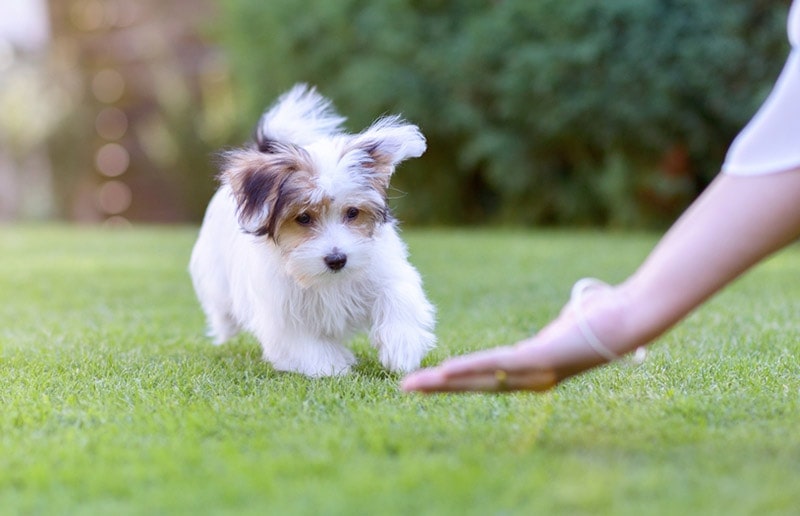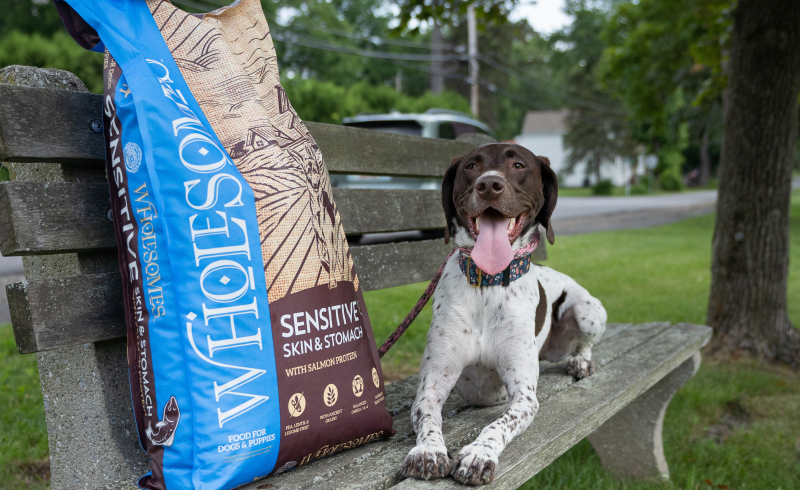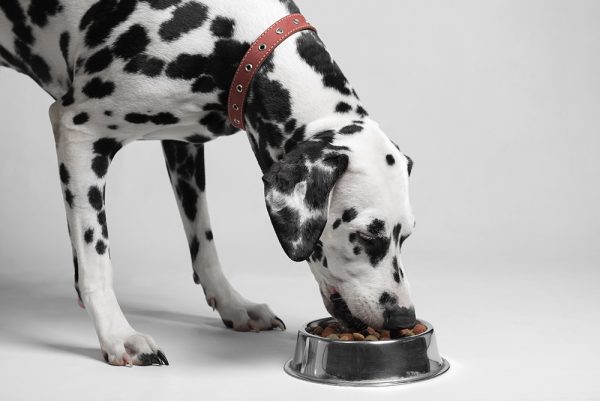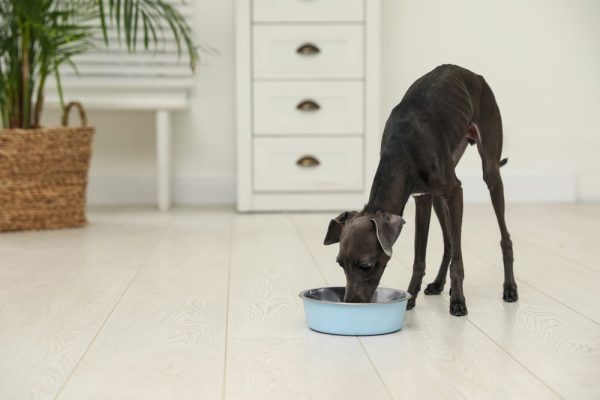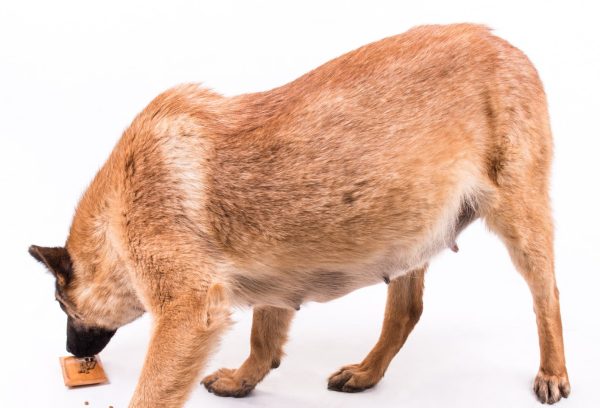A small toy dog from Cuba, the Havanese has a round face, beautiful eyes, floppy ears, and either straight or curly long hair. These cute pups have a playful and affectionate temperament. They are also intelligent and kind, making them great family members.
This bright and cheerful breed certainly doesn’t have a reputation for being aggressive. However, even if exceptions are rare, they can still exist. In this article, we’ll discuss a few factors that can induce aggression in Havanese and some common warning signs that might indicate it. We also discuss the best ways to help your beloved animal friend avoid aggressive behavior and how to manage it.

Typical Havanese Temperament
The word “charming” is not good enough to describe the Havanese. These extrovert pups are clever, sweet, eager to please, and entertaining. This dog may be a perfect companion if you’re looking for a small pet with a gentle personality. Their friendliness also makes them fit in many kinds of homes, including apartments. With kids and other animals, these dogs get along wonderfully. In addition, they are an ideal choice for people who love traveling, as they are small and don’t bark much.
However, a Havanese will struggle if left alone for a long time. These little pups crave company, so they can develop destructive behaviors or separation anxiety when bored and lonely. That’s why you should only get this breed if you are able to give them enough time and care.

How Aggressive Are Havanese Dogs?
It’s safe to say that one of the breeds with the lowest chance of aggression is the Havanese. Nonetheless, they may become disobedient if their demands aren’t met. In addition, they can develop into aggressive dogs that are challenging to handle if they have experienced some trauma or received poor training in the first months of life.
Most Common Signs of Aggression in Havanese
In the Havanese, aggressive behavior is usually easy to spot. A canine acting aggressively might:
- Growl, snarl, or bark in a threatening way
- Make and maintain eye contact
- Curl their lips to show teeth
- Press the ears to the head
- Stand still with a frozen posture
- Snap quickly without making contact
- Bite lightly so as not to leave a mark
- Bite strongly enough to tear the skin

Reasons Why Havanese Dogs May Get Aggressive
Potential Separation Anxiety
The Havanese requires a lot of company and dislikes being left alone for longer than a few hours more than most other breeds do. Barking or gnawing on things are two common ways they show displeasure.

Medical Condition
Some Havanese exhibit aggressive behavior as a result of a medical issue. Aside from acute painful conditions, canines with thyroid abnormalities, sensory impairments, adrenal dysfunction, orthopedic problems, seizure disorders, and cognitive dysfunction may show alterations in irritability and aggression.
Behavioral Problems
The cause of behaviorally rooted canine aggression is a dog’s attempt to fix a social situation that they find unacceptable. Your Havanese may just be protecting their food, possessions, territory, food, or family members from impending danger. Fear, annoyance, or a dog’s effort to maintain their position in a social hierarchy can also be causes of behavioral aggression.
In the case of rescued Havanese, the situation is even more challenging to understand. Regardless of the details, any dog would find moving to a shelter to be a very traumatic experience. Often, owners are unaware of all the circumstances that led to their Havanese ending up there. Behavior problems almost always occur with rescued dogs, but that doesn’t mean you can’t help them.

How to Prevent Your Havanese from Acting Aggressively
Since aggression can be reduced with early training and socialization, prevention is the key to behavioral issues in your dog. Even when genetics are a factor, aggressive acts will be better controlled, diminished, or avoided with proper education.
Establishing the proper hierarchy between you and your dog is crucial, with you as the leader and your Havanese as the follower.
How to Manage Your Havanese Dog’s Aggression
Before you do anything else, it’s critical that you bring your dog to the vet if they have a behavior problem that could be caused by or made worse by a medical condition. You have to work closely with your vet if a medical issue is detected.
If you need to speak with a vet but can't get to one, head over to PangoVet. It's our online service where you can talk to a vet online and get the advice you need for your dog — all at an affordable price!
In the event that your vet has ruled out a medical condition, you should set up a meeting with an animal behaviorist or professional dog trainer. Aggression is a complex issue, so fixing it alone may not be a good idea. An expert will help you identify the root of the aggressive behaviors and develop a plan for handling them. You can ask your vet for a referral to find a good trainer or behaviorist.
Please note that there is no easy way to turn your Havanese into a well-behaved dog overnight, especially if their aggression is in a severe phase. You’ll need the right approach and patience to stop your dog’s aggressive behavior. Avoid punishing your dog because it has an adverse effect and will make the situation worse in most cases. Instead, use positive reinforcement to fix their manners.
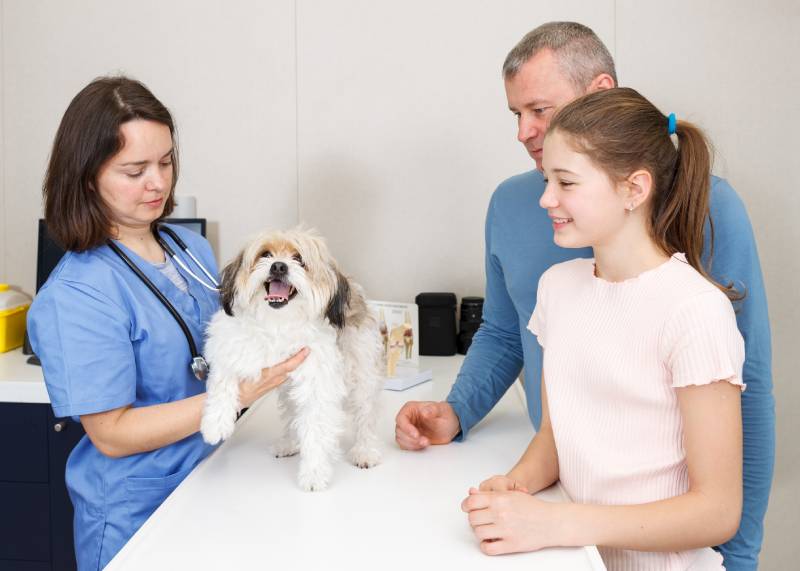

Conclusion
Havanese dogs are generally not considered to be aggressive dogs. They are renowned for being kind, affectionate, and devoted canines who strive to please their owners. There will be some instances of Havanese behaving aggressively, but this is not the norm for the breed. If you spend quality time with your pet and offer them lots of love and care, they will unquestionably be happy and confident, making them a well-behaved and loving companion!
See also:
Featured Image Credit: michaelheim, Shutterstock
